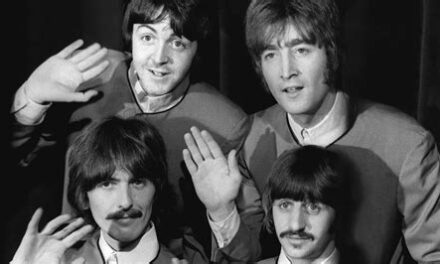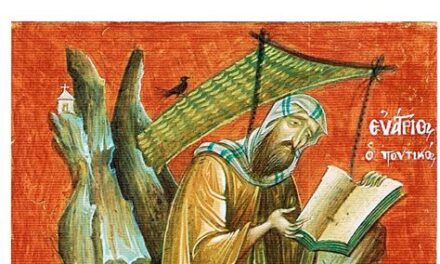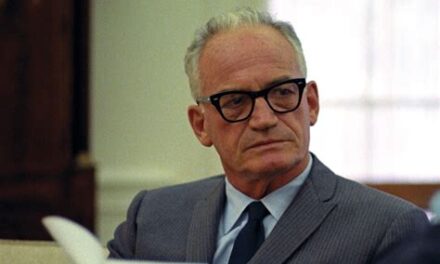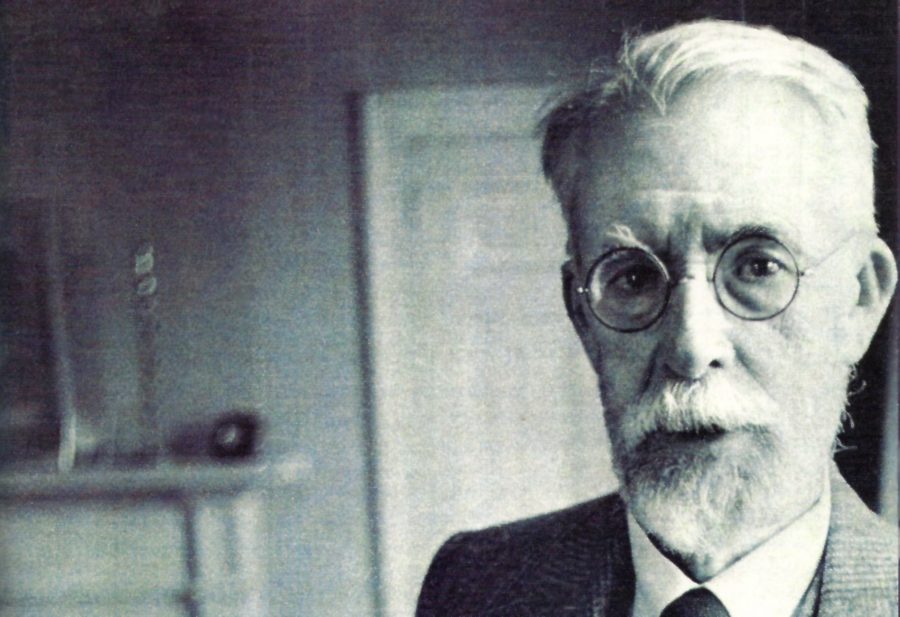
Saint Thomas Aquinas is undoubtedly the wisest theologian who ever lived, but I have never found a more knowledgeable man than the great English Catholic convert Christopher Dawson. I read every book of his that I can acquire. He was a historian and philosopher of culture. He knew about every people of every time and place from the Glacial and Paleolithic Age to the 20th century, from Africa, Asia and Europe to the New World.
He said that there are three factors that affect people as much as animals: genetics, geography and function, or rather, race, environment and economics. With human beings, however, intelligence is the greatest factor, so that we aren’t merely passive to the other three, but can actively shape ourselves as a people. The lowest cultures are the most passive to the lower factors, like Eskimos bound to their environment, but the higher ones are the most imaginative and artistic.
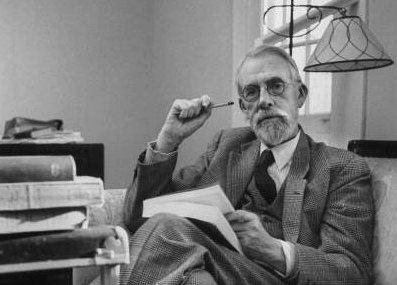 In every culture, nevertheless, as Dawson taught, there’s a period of growth which may be the result of two cultures merging together to become something new. Next, there’s the flowering of that culture, introducing many new ideas and lifestyles. Finally, there’s the time of maturity and balance, until its decline or absorption by another culture. Historically, external changes, like acquiring new inventions or weapons, can often lead to decay whereas internal changes, like new beliefs, usually lead to progress.
In every culture, nevertheless, as Dawson taught, there’s a period of growth which may be the result of two cultures merging together to become something new. Next, there’s the flowering of that culture, introducing many new ideas and lifestyles. Finally, there’s the time of maturity and balance, until its decline or absorption by another culture. Historically, external changes, like acquiring new inventions or weapons, can often lead to decay whereas internal changes, like new beliefs, usually lead to progress.
Dawson said, “Every religion embodies an attitude to life and a conception of reality, and any change in these brings with it a change in the whole character of the culture … Thus, the prophet and the religious reformer . . . are perhaps the greatest of all agents of social change. . . . The dawn of true civilization came only with the discovery of natural laws, or rather of the possibility of man’s fruitful cooperation with the powers of Nature.”

Then, something extraordinary happened between the 8th and 5th centuries B.C. as if the Holy Spirit shed a light over the whole world to prepare it for the time of Christ. It was the time of the great religions and people like Confucius and Buddha, the Pre-Socratic and classical Greek philosophers as well as the Hebrew Prophets who foretold the Coming of the Messiah. The world would never be the same.
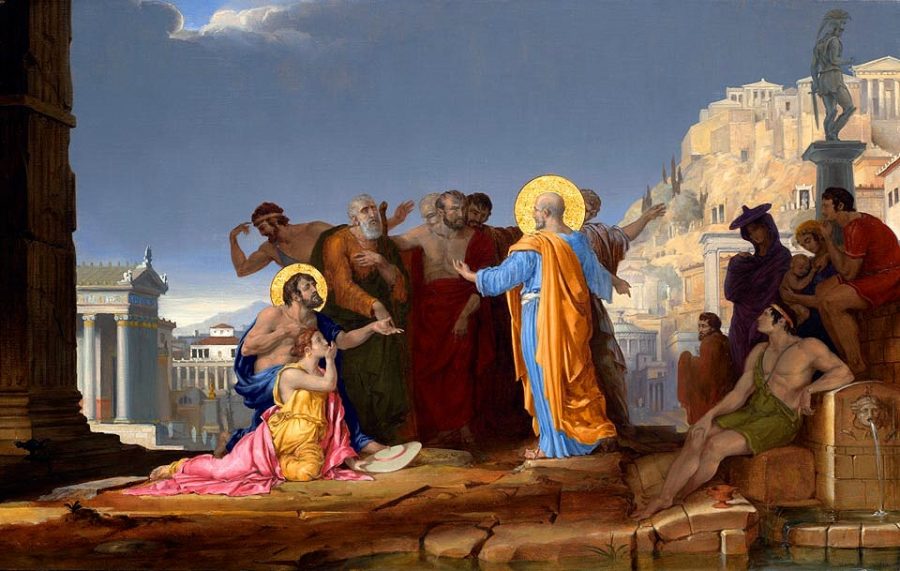
Now, after that introduction, imagine what it was like when Saint Paul walked into the Areopagus in Athens. He was surrounded by philosophers who were well versed in physics, mathematics, moral philosophy and metaphysics. They knew their tradition well, but it was in the process of being overwhelmed by the Roman. They had contributed an immense treasury of truth that seminarians even today must study, but then came the Apostle Paul. He too was familiar with their tradition, and spoke of their art and poetry. Many of them already understood what he said about the one absolute God, but the notion of creation out of nothing might have been a new concept. Universal judgment of the good and the evil made sense to anyone with hope of eternal happiness, but the Resurrection seemed to defy the natural law.
Yet, the seed of Truth had been planted. Greek culture would never be the same. The Truth Incarnate was being proclaimed by those inspired with the Spirit of Truth leading to the perfectly civilized culture of God’s Kingdom. In books like his classic Religion and the Rise of Western Culture, Christopher Dawson remains one of the most reliable guides to the transformation that took place when Athens met Jerusalem.
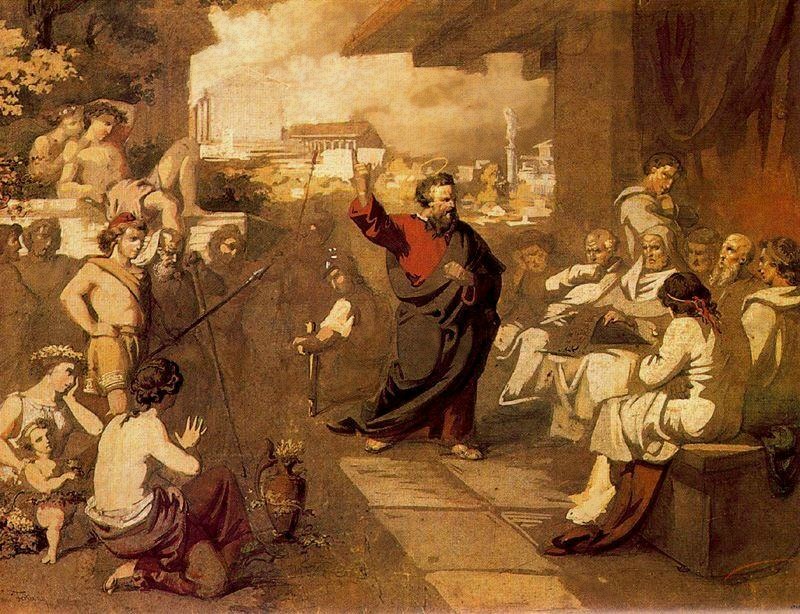
Mariano Fortunay’s Saint Paul in the Areopagus

